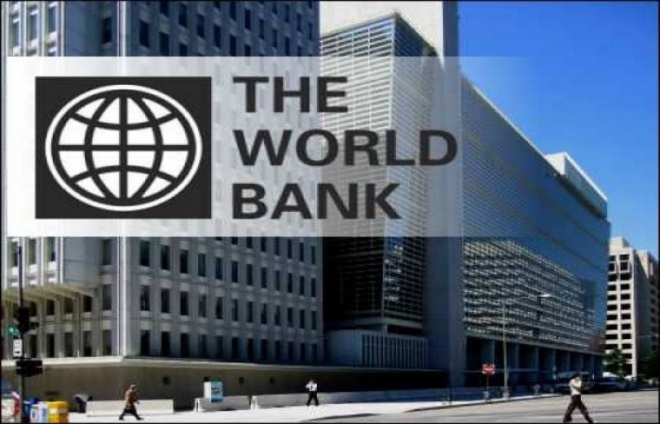The Changing Wealth of Nations 2021 Report has revealed that Ghana’s natural capital per capita peaked at $9,000 in 2014, falling more than 30% to $6,000 in 2018.
Likewise, the cost of environmental degradation due to the unsustainable use of land alone was 2.8 percent of Gross Domestic Product (GDP) in 2017.
According to the World Bank, if this trend continues, it will amplify destruction of the natural resource base, disproportionately impacting the poor and increasing exposure to climate risk.
Going beyond GDP
The report said the Government of Ghana (GoG) recognised that, despite impressive GDP growth, the degradation of nature is having an impact on the future they want for their people.
As a result, they are taking strategic action, in cooperation with the Global Program on Sustainability (GPS) and the United Nations Statistics Division (UNSD), to implement the System of Environmental-Economic Accounting in order to integrate the value of nature and its services into development and investment planning.
To successfully mainstream natural capital accounting, the report said the GoG found it was not necessary to start from scratch.
“It was possible to build on existing alliances by first identifying active tools, structures and partnerships that were already working well, like the Cost of Environmental Degradation Working Group. They then boosted collaboration across institutions to help spread best practices and leverage knowledge among ministries. This made it possible to build capacity more quickly among the technical officers inside the different ministries”.
With the right structures in place, the report stated that the next step will be to improve reliability and timeliness of data. This would provide the basis for indicators required in planning, policy, and implementation programmes.
Preliminary results
Already, the report added that there are several promising results.
“Ghana is developing land and ecosystem extent accounts, ecosystem services accounts and deriving environmentally adjusted macroeconomic indicators. As a result, GoG will be able to better target landscape restoration interventions, inform land-use planning and conservation policies, and derive key indicators for monitoring and reporting”.
Transitioning towards a sustainable future
As Ghana continues to make steady progress, the report continued that institutional capacity to generate quantitative and qualitative information is impacting policy decisions at all levels. It is also contributing to the success of other projects like the Ghana Landscape Restoration and Small-Scale Mining Project, financed by the World Bank, with funding from IDA, PROGREEN and EGPS.
Latest Stories
-
Kenyan president apologises to Tanzania over deportation row
1 hour -
South Africans pay tribute to acting ‘icon’ Chweneyagae who died age 40
1 hour -
Fleeing US deportations, it took this family three tries to enter Canada
2 hours -
Elon Musk bids farewell to White House but says DOGE will continue
2 hours -
Trump administration to ‘aggressively’ revoke visas of Chinese students
2 hours -
US trade court blocks Trump’s sweeping tariffs
2 hours -
Giant of African literature Ngũgĩ wa Thiong’o dies aged 87
3 hours -
Parliament set to reintroduce anti-LGBTQ+ Bill
3 hours -
Cats distinguish owner’s smell from stranger’s, study finds
4 hours -
Trump appears to set Putin ‘two-week’ deadline on Ukraine
4 hours -
Telegram announces partnership with Musk’s xAI
4 hours -
Temu’s Chinese owner sees profits plunge as trade war bites
4 hours -
Nvidia revenues surge despite tariff uncertainty
4 hours -
World Vision Ghana launches Community Pad Bank in Kadjebi to tackle menstrual poverty
5 hours -
Police probe alleged assault on MGL journalist during Wontumi’s arrest
5 hours

